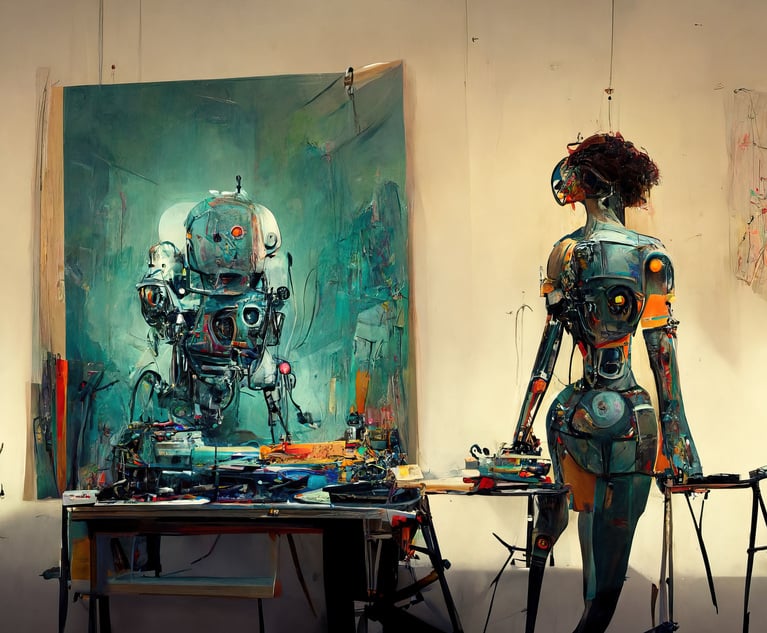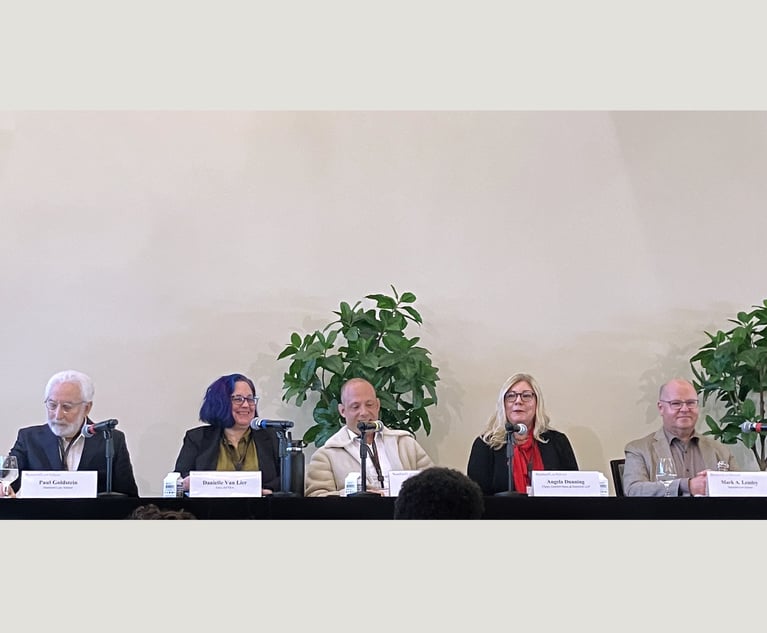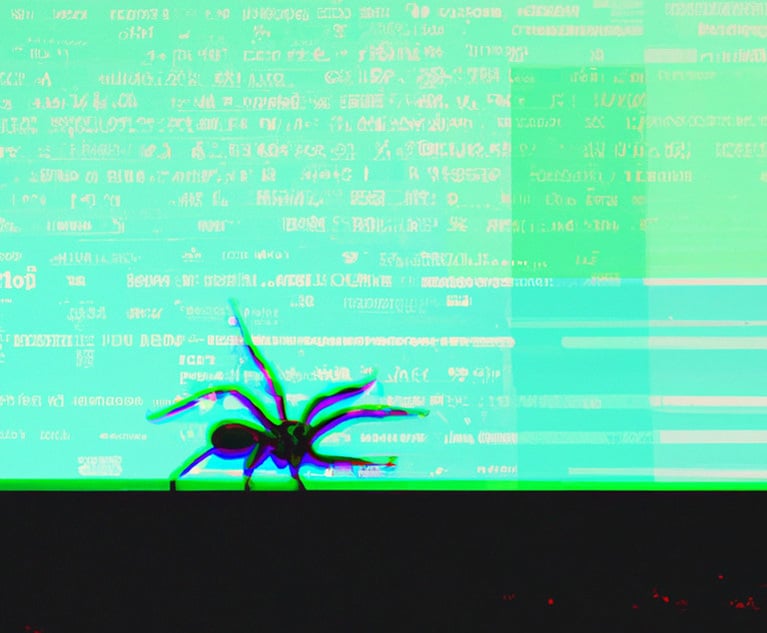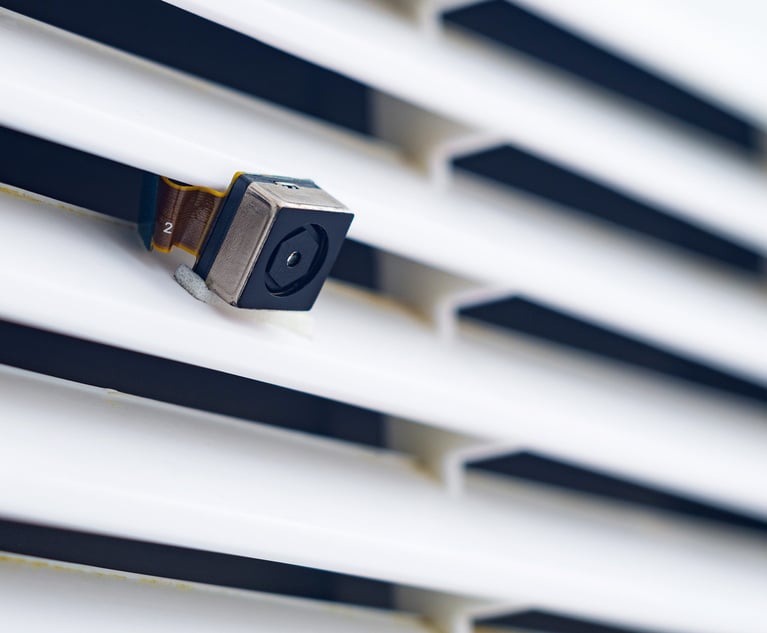This article was NOT drafted using artificial intelligence (“AI”), but it could have been. In recent years, AI-generated content has left the confines of the computer science and engineering world and has become an accessible tool the general public can use with no prior training. The result has been the prolific creation of AI-generated works, the introduction of these works to the masses, and questions of whether the creation of these works can give rise to legal liability.
Experts have long been expecting lawsuits to be filed challenging the use of copyrighted inputs in an AI system’s corpus of training data as infringing activity, and the wait is now over. On January 13, 2023, a group of plaintiffs, individually and as part of an alleged class of others similarly situated, filed one of the first known lawsuits of its kind against numerous AI-system owners, alleging, among other claims, direct and vicarious copyright infringement. Their lawsuit follows another filed in November of 2022 by a group of unnamed plaintiffs against GitHub, Microsoft, OpenAI, and others relating to the development and use of Copilot, an AI-based coding tool that was allegedly trained on the plaintiffs’ software stored on GitHub.


 Credit: Rick/Adobe Stock
Credit: Rick/Adobe Stock




